From the Director | Beacon Newsletter, Spring 2025
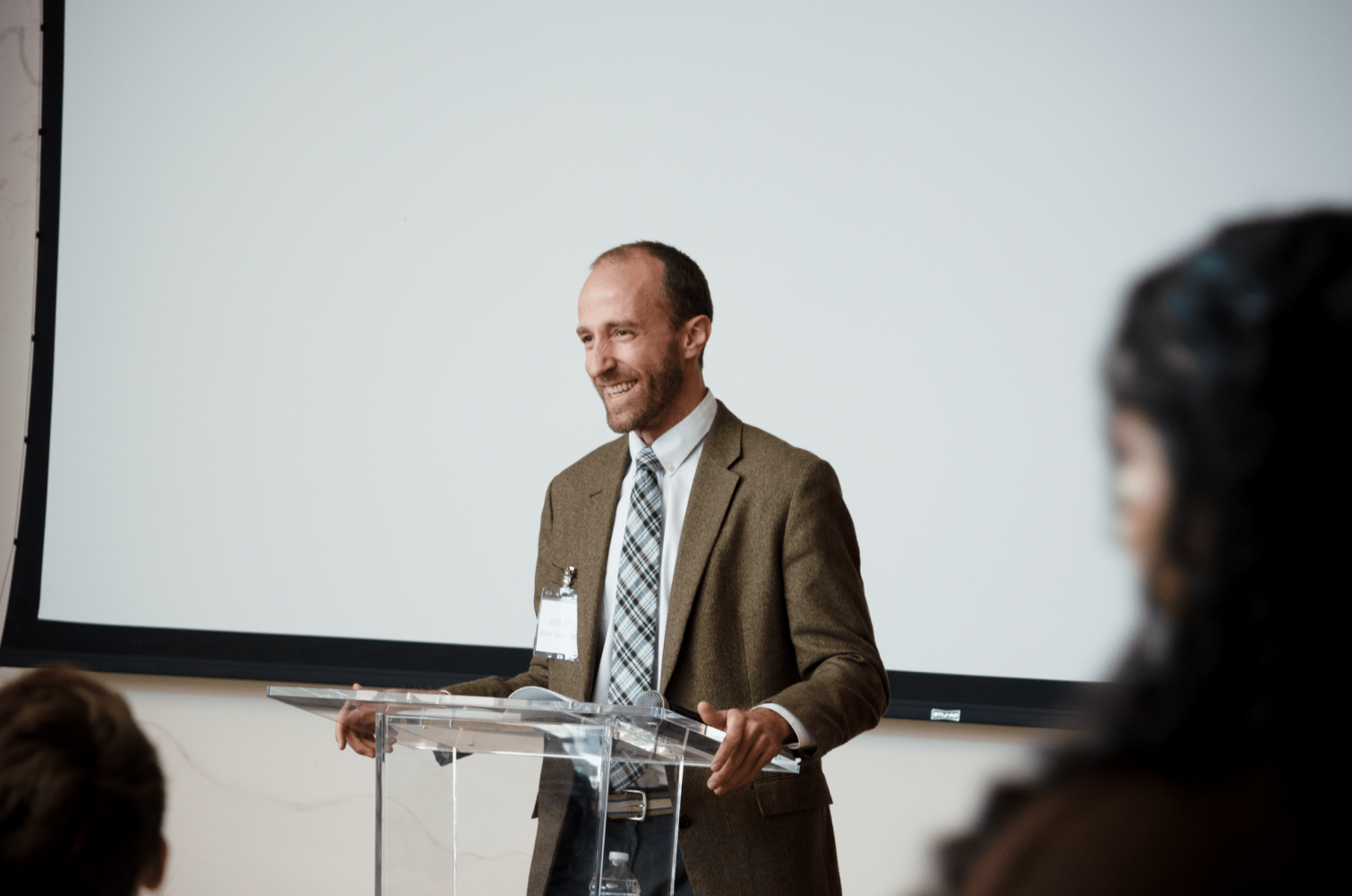
Pope Francis described the Church as “a mother with an open heart.” He added, “Everyone can share in some way in the life of the Church; everyone can be part of the community.”
Polarization, Social Cohesion, and the Economy: Celebrating 10 Conferences on Economics and Social Thought
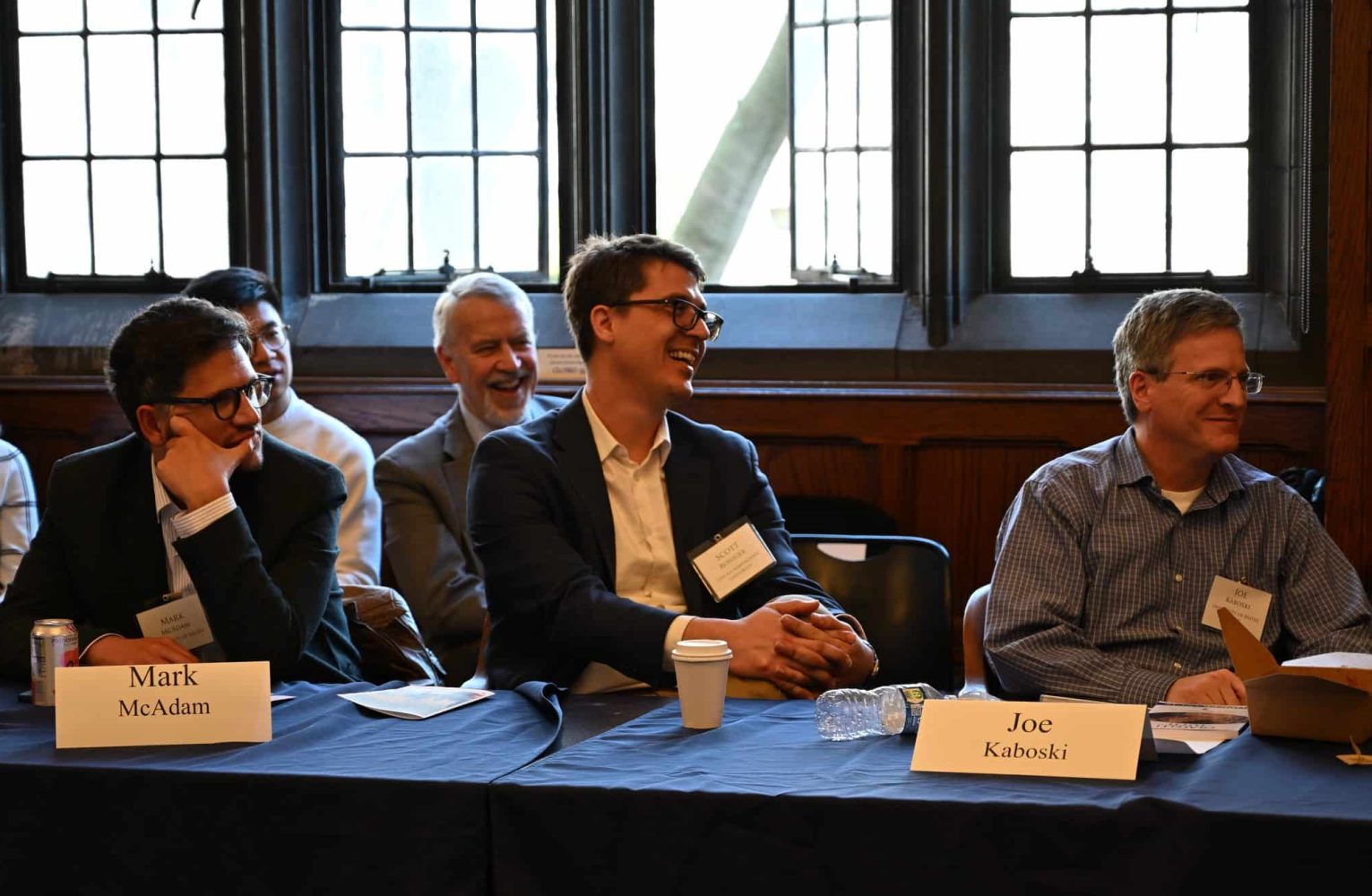
On March 27, the Lumen Christi Institute hosted “Polarization, Social Cohesion, and the Economy,” its 10th Conference on Economics and Catholic Social Thought. This continues an initiative running since 2008.
The Authority of Law in Recent Catholic Political Philosophy
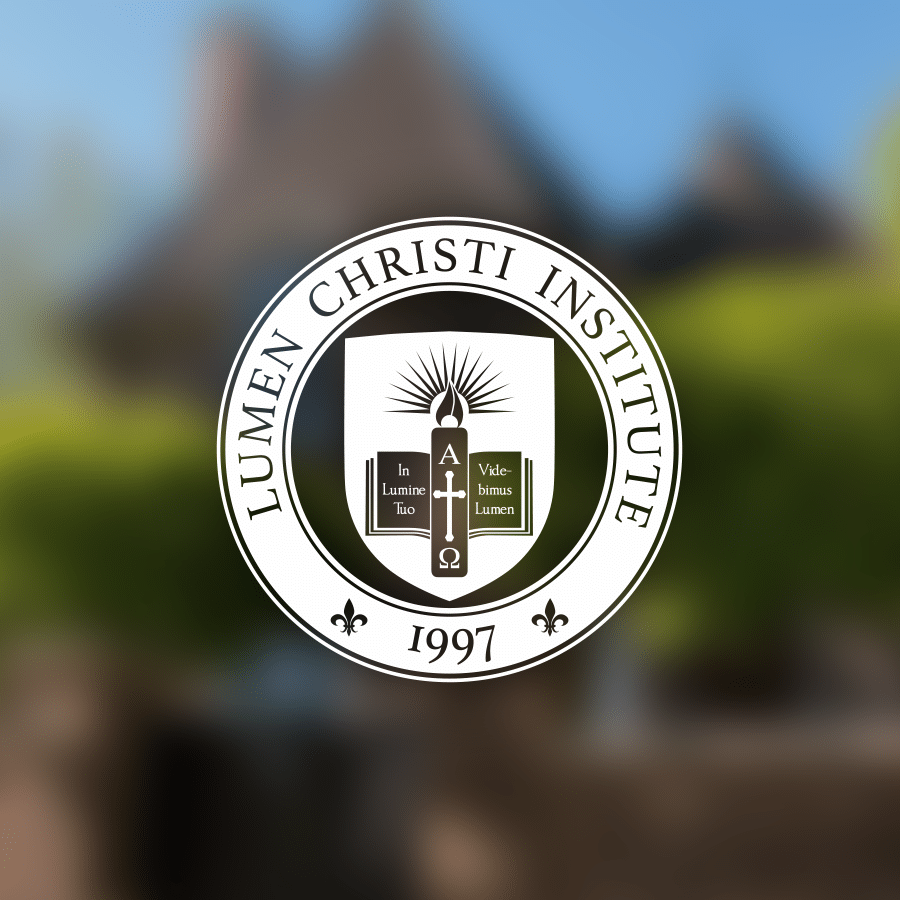
Cosponsored by the Center for Law, Philosophy and Human Values This lecture considers several recent attempts by Catholic political philosophers working in the natural law tradition to give an account of law’s authority, and their success in answering some recent criticism. The difficulties in providing a successful natural law account of law’s authority gives us reason to rethink the sort of explanatory ambitions of new natural law theorists.
Are Catholics Unreliable from a Democratic Point of View? Reflections on the 60th Anniversary of Paul Blanchard’s American Freedom and Catholic Power

Published in 1949, Paul Blanshard’s American Freedom and Catholic Power captured the attention of American intelligentsia with its claim that American Catholic citizens had to choose “between a church hostile to fundamentals of democracy and a state where contrary views are implicit under our Constitution.” John F. Kennedy’s famous speech to Protestant ministers in Houston on Sept. 12, 1960 was in many respects a response to Blanshard’s thesis. Today Blanshard’s bigotry may not be explicitly defended in educated circles, but questions remain about what made his book so compelling. Patrick Brennan considers whether Blanshard was onto something about the incompatibility of Catholic…
Catholics in Political Life

Sixth Annual Conference on Christian Legal Thought

Registration Form Saturday, January 8, 2011 Hotel Monaco 501 Geary Street San Francisco, CA 94102 http://www.monaco-sf.com/
“Decision-Making in the Pressure Cooker: Lessons Learned from the Collapse of Lehman Brothers”
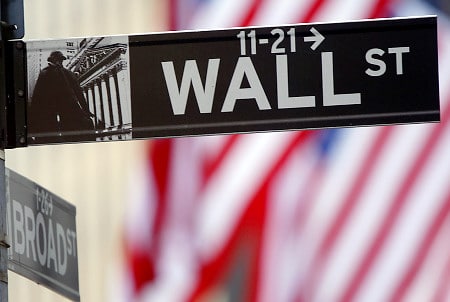
Presented by the Lumen Christi Institute and the Catholic Lawyers Guild, sponsored by Jenner & Block. panelists: Harry Kraemer (executive partner with Madison Dearborn) Anton Valukas (Chairman of Jenner & Block and former United States Attorney) Luigi Zingales (Robert C. McCormack Professor of Entrepreneurship and Finance at the University of Chicago Booth School of Business)
“Politics as Vocation in Cicero and Burke”
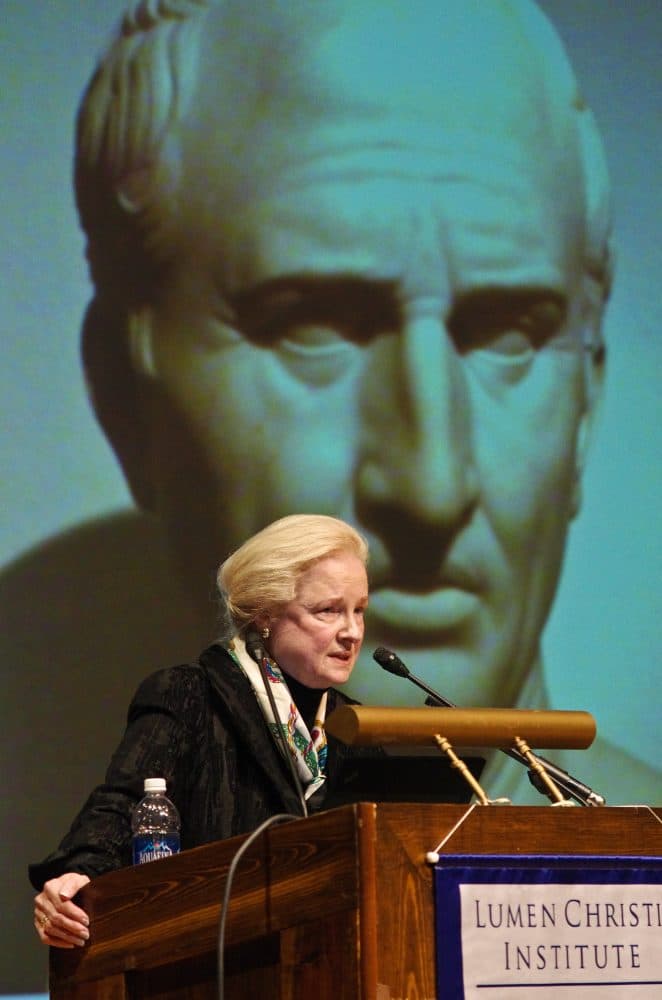
Mary Ann Glendon A.B., J.D., M.C.L., University of Chicago Professor of Law, Harvard University Law School, President, The Pontifical Academy of Social Sciences On the occasion of the publication of her book The Forum and the Tower: How Scholars and Politicians Have Imagined the World, from Plato to Eleanor Roosevelt Co-sponsored by the Committee on Social Thought and the University of Chicago Law School About the Book: As Aristotle noted long ago, two very different and sometimes incompatible ways of life; the political and the philosophical exert a powerful pull on the ambitious and talented members of any society. Mary Ann Glendon, who…
Conference on Christian Legal Thought

This conference is offered for legal scholars, law students, and others interested in Christian legal thought. Conference Schedule Registration: 8:45am Panel One: 9:00am-10:30am “Public Unions and the Current State of Organized Labor ” David L. Gregory, St. Johns University School of Law Thomas C. Kohler, Boston College Law School John O. McGinnis, Northwestern University Law School Panel Two: 10:45am-12:15pm “Pedagogy” Susan Stabile, University of St. Thomas School of Law Deanell Reece Tacha, Pepperdine University School of Law Michael Scaperlanda, University of Oklahoma College of Law Lunch: 12:15pm-1:30pm Panel Three: 1:30pm-3:00pm “Law, Speech, and Morality” Eric R. Claeys, George Mason University School of Law Mary G. Leary,…
Solidarity Forever: An Idea and its Roots in Catholic Social Thought
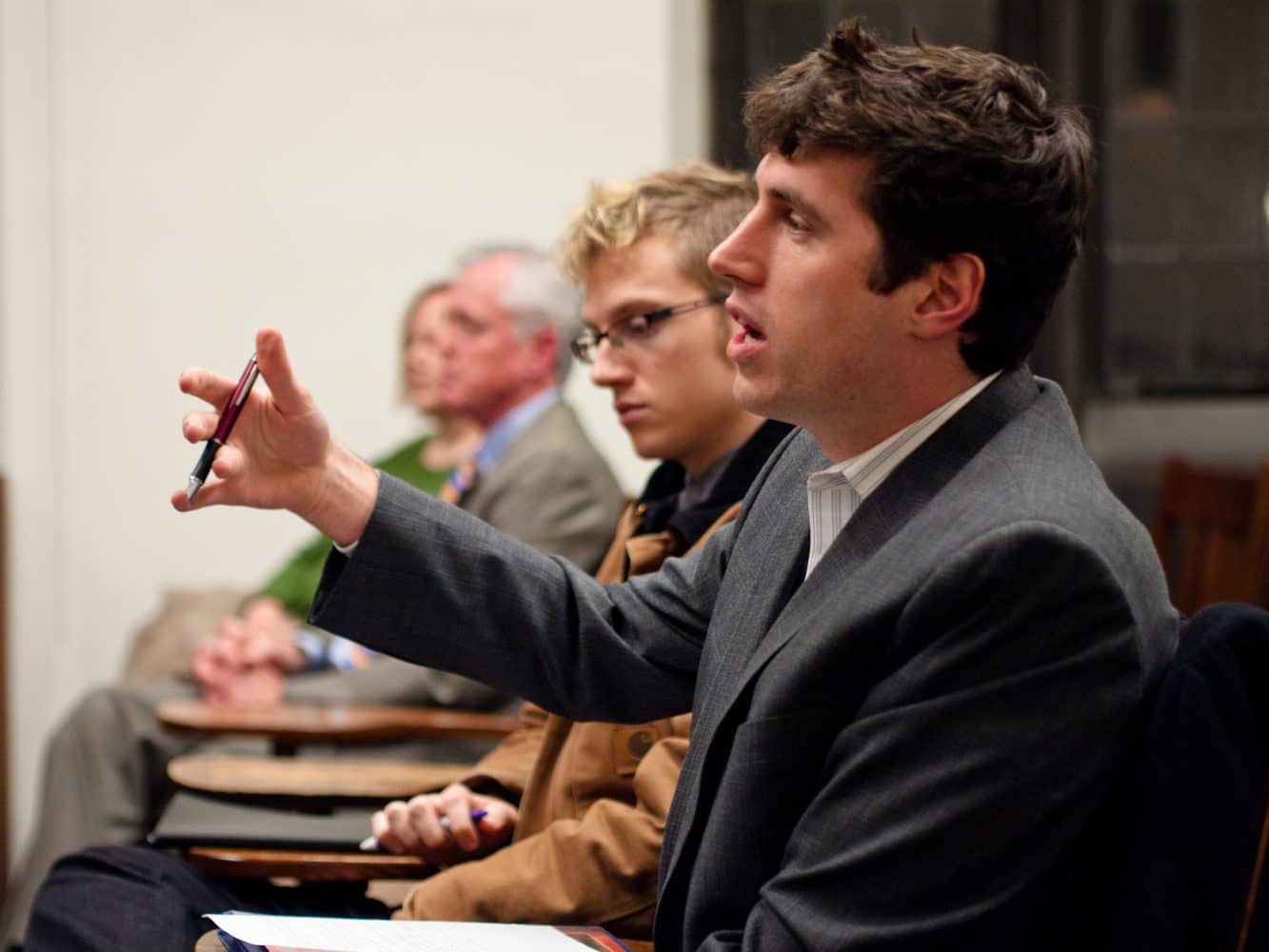
Before “solidarity” became a legal concept and later the name of the Polish labor movement, it developed as an economic, political, social, but most fundamentally a theological idea from which the rest of the Catholic social teaching tradition developed.